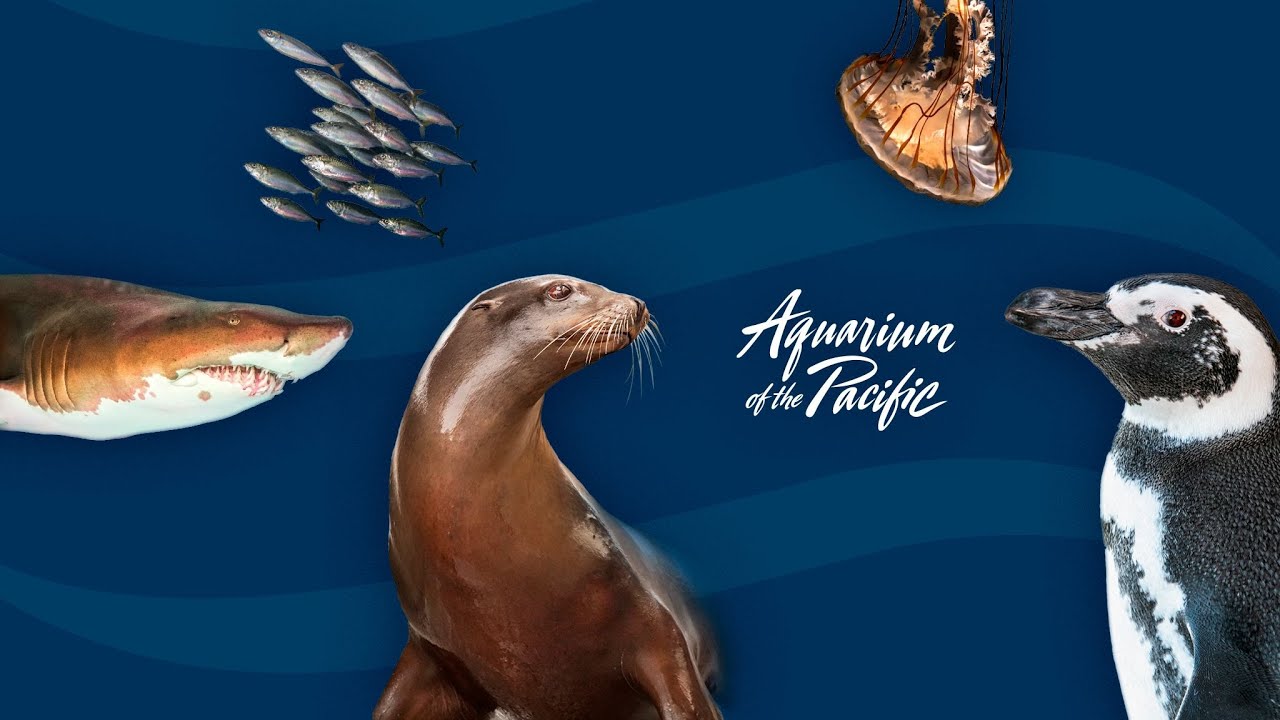- Importance of Sharks in Marine Ecosystems
- Threats to Shark Populations
- The Role of Conservation Efforts
- Educational Initiatives to Promote Shark Conservation
- Future Prospects for Shark Conservation
The ocean’s resilience and health depend significantly on its most formidable inhabitants: sharks. As apex predators, sharks maintain the balance in marine ecosystems by regulating species abundance, health, and diversity. Understanding these creatures and their plight is crucial for anyone invested in environmental conservation.
Sharks play a pivotal role in marine ecosystems. They are keystone species, meaning their presence or absence dramatically alters the structure of the ecosystem. By preying on the sick and weak, sharks contribute to the genetic integrity of marine populations, thus keeping oceanic habitats robust. For instance, without sharks, there could be an explosion of potential prey species, leading to overgrazing of habitats like sea grass beds and coral reefs.
Despite their importance, sharks face numerous threats that jeopardize their survival. Overfishing is a primary threat, driven by the high demand for shark fins, meat, and liver oil. The practice of finning, where sharks are caught, their fins removed, and the bodies discarded, is particularly devastating. Moreover, bycatch, where sharks are unintentionally captured in fishing gear meant for other species, greatly reduces their populations. Habitat destruction, including coral reef degradation and mangrove deforestation, further compounds these challenges. The reproductive biology of sharks, characterized by late maturity and low fecundity, means that populations recover slowly from overexploitation.
Conservation efforts are crucial in mitigating these threats. Protective legislation is one of the key strategies. For example, several countries have established marine reserves where shark fishing is strictly prohibited. Moreover, international agreements, like the Convention on International Trade in Endangered Species (CITES), regulate the trade of shark products. Sustainable fishing practices and the use of shark-friendly nets can significantly reduce bycatch. Conservation organizations are also working towards restoring critical habitats, such as coral reefs and mangroves, essential for the life cycle of many shark species.
Education plays a fundamental role in shark conservation. Public misconceptions often portray sharks as purely dangerous predators, leading to fear rather than conservation efforts. Educational initiatives aim to dispel these myths, highlighting the ecological importance of sharks and promoting coexistence. Schools, aquariums, and conservation organizations are pivotal in these efforts, offering hands-on learning experiences and interactive programs. Documentaries and digital media campaigns also broaden public awareness and advocacy for shark conservation.
Looking ahead, the future of sharks hinges on continued and enhanced conservation efforts. Advances in technology, such as satellite tagging and genetic research, provide invaluable data for monitoring shark populations and their migratory patterns. This information helps in tailoring conservation strategies to specific species needs. Moreover, international collaboration and enforcement of fishing regulations will be pivotal in protecting these vital creatures. Community-led conservation initiatives, particularly in coastal regions, can empower local populations to participate in and benefit from shark conservation.
In summary, sharks are vital to the marine ecosystem’s health, facing numerous threats that necessitate urgent conservation efforts. By educating the public and enforcing protective measures, we can safeguard the future of these essential marine animals. The path forward requires a blend of scientific research, sustainable practices, and global cooperation to ensure sharks continue to thrive in our oceans.
*****
Source Description
Sharks are an important animal in the ocean. Learn all about the role that sharks play, and how you can protect them.


